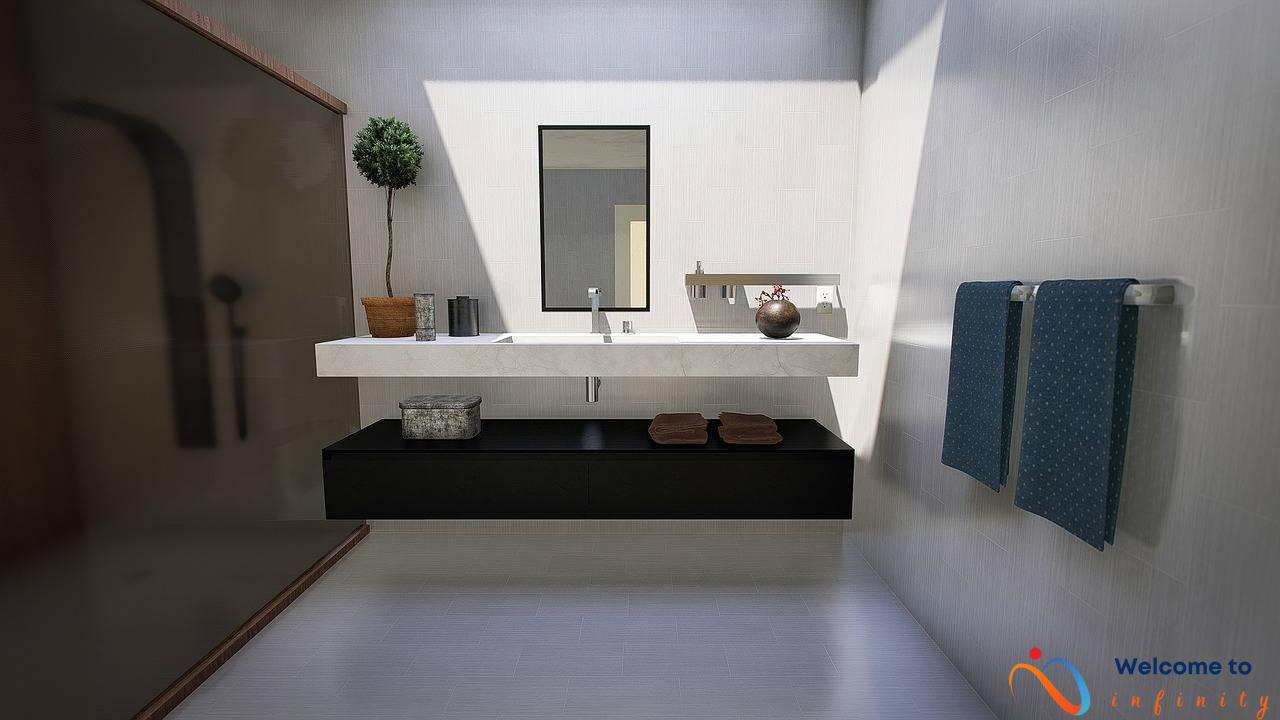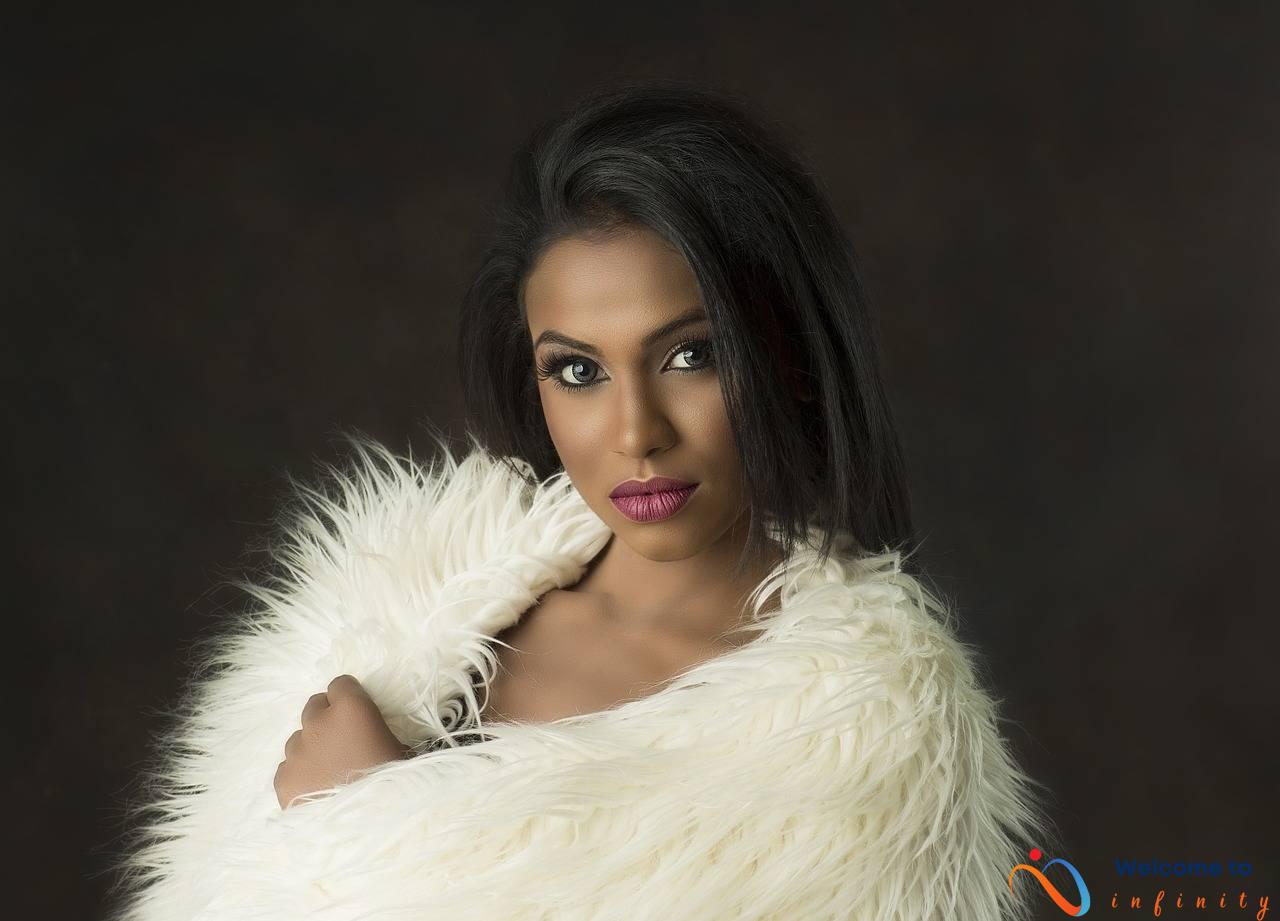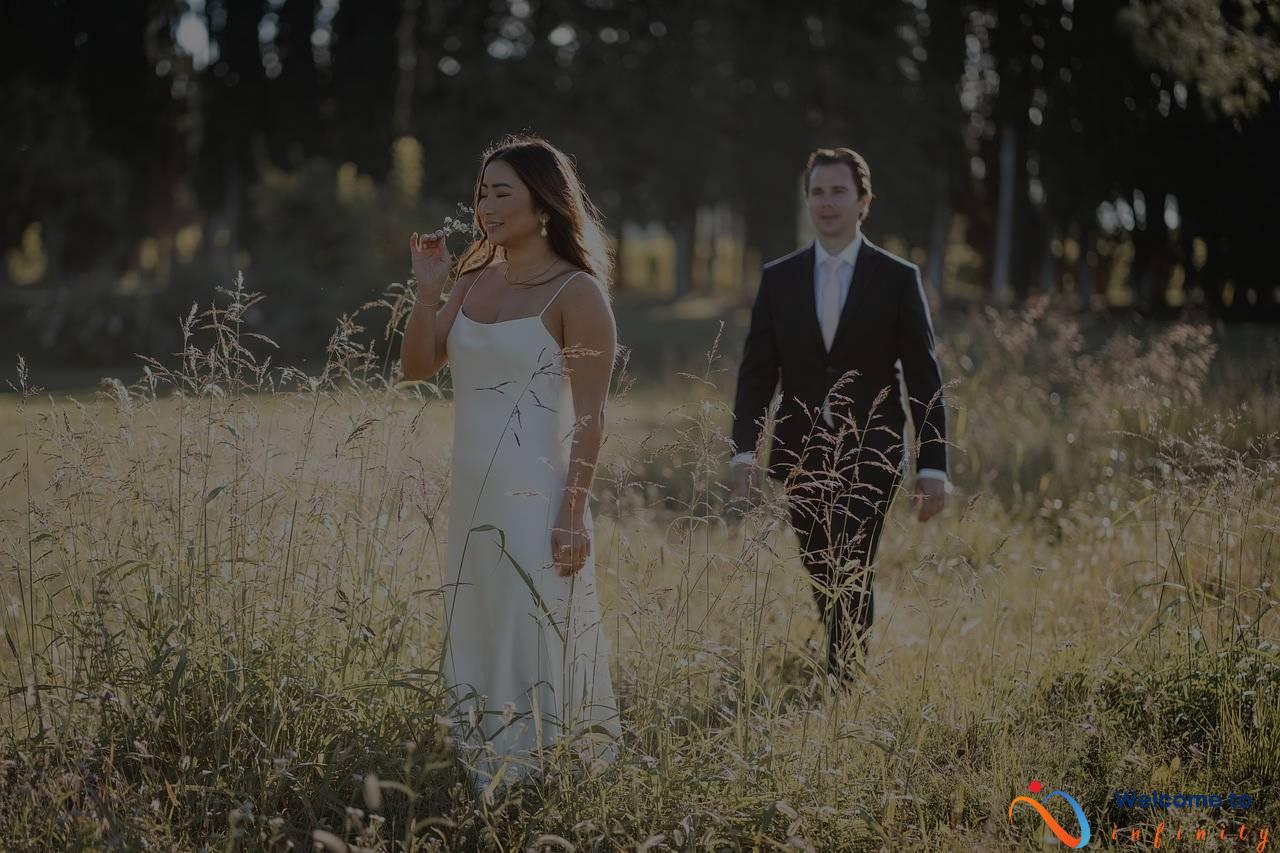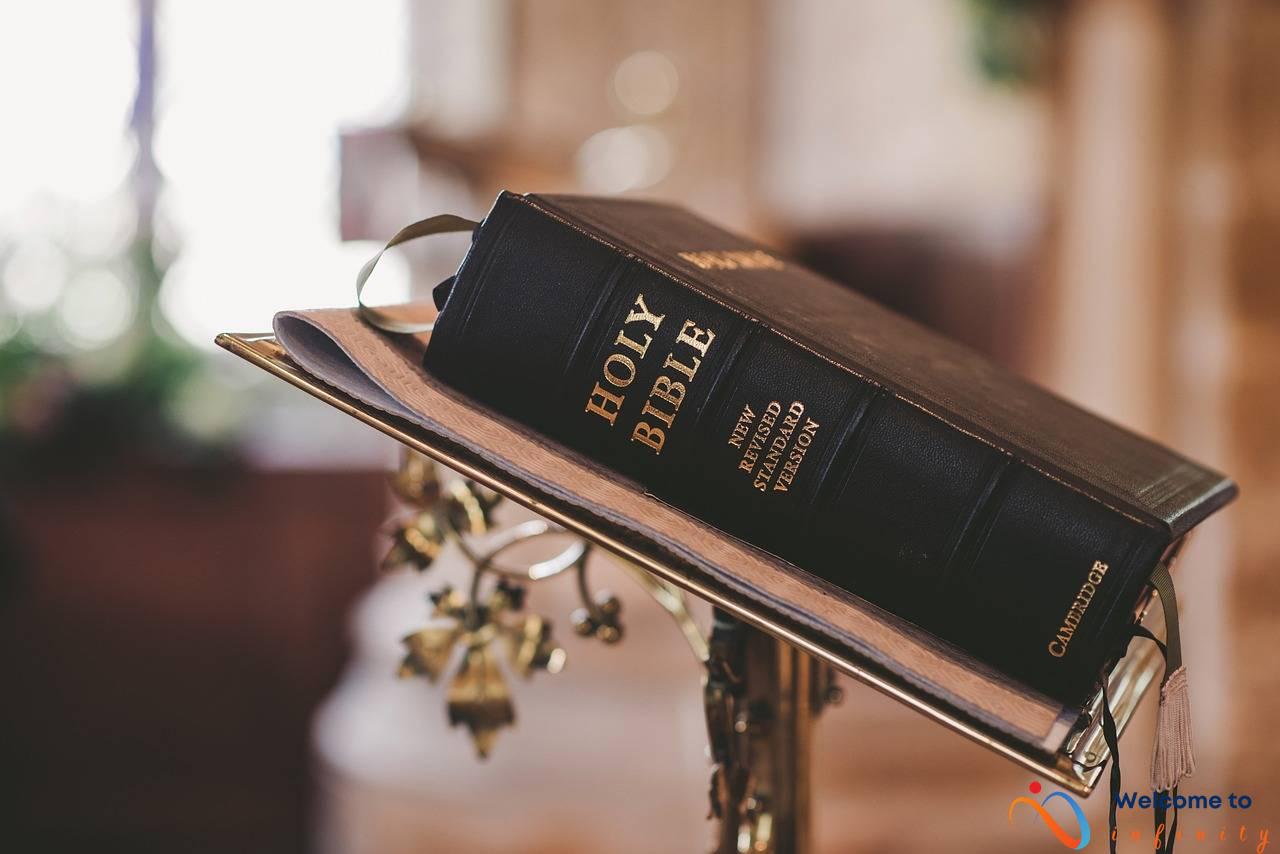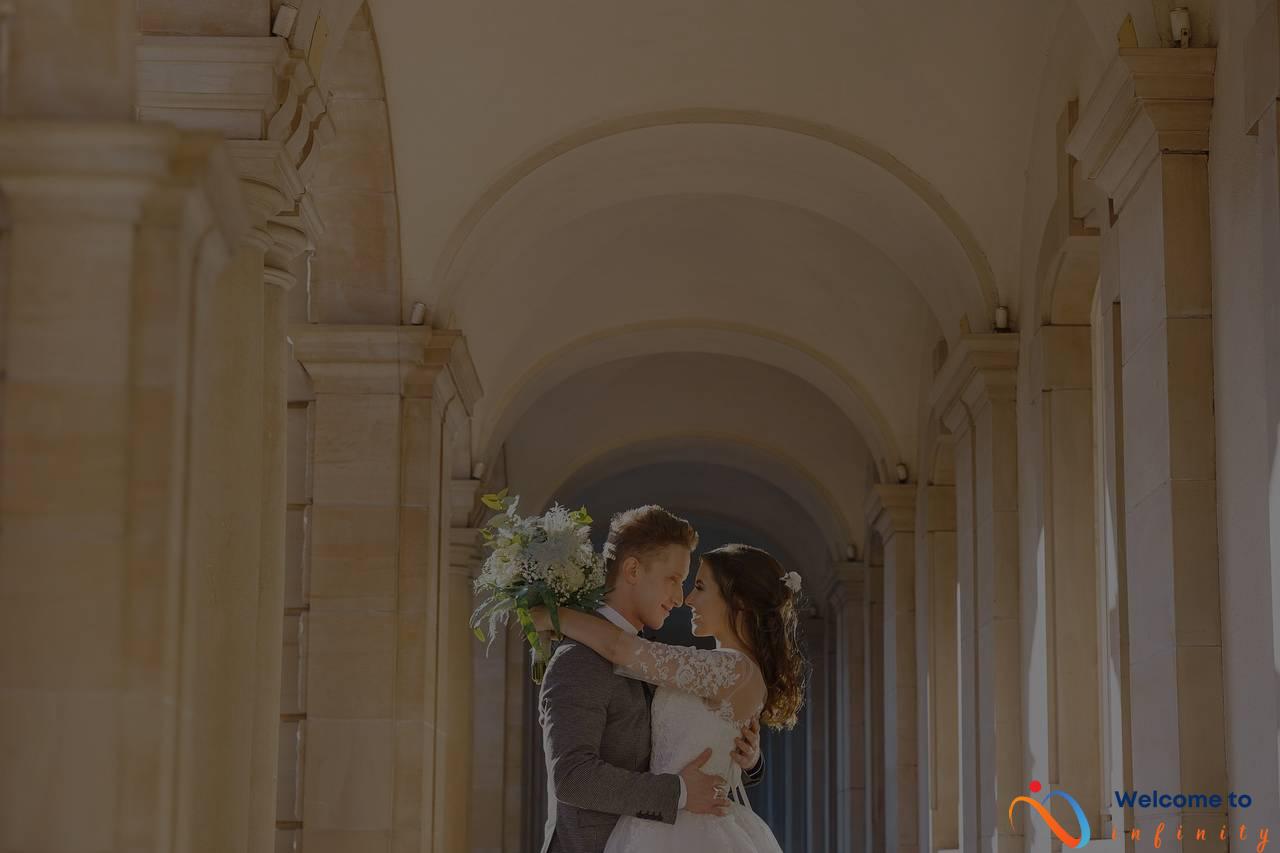When planning a wedding that involves blending different cultures and religious traditions, it can be difficult to create a ceremony that is both meaningful and inclusive for all involved. The following tips can help you navigate these religious differences and create a wedding ceremony that truly represents the union of both cultures and beliefs.
Communication is key. It is important to discuss your religious beliefs, values, and expectations with your partner and both families involved in the wedding. This will allow everyone to have a better understanding of what is important to one another and help in finding common ground to create a ceremony that reflects both traditions.
Researching and understanding each other's religious traditions is also crucial. It is important to learn about each other's customs, rituals, and traditions. Understanding these will help both parties to respect and acknowledge each other's beliefs.
Consulting with religious leaders from both faiths is another helpful step. Meeting with them can provide insight into their requirements and recommendations for the ceremony. They can also provide advice on how to blend the traditions and avoid cultural missteps.
Creating a customized ceremony can help to reflect shared values and beliefs. consider incorporating elements from both religions or creating new rituals that respect both cultures. Getting family members from both sides involved in the planning process can also help to create a ceremony that truly represents the union of both cultures.
It is important to anticipate potential conflicts that may arise during the ceremony and address them beforehand. Discuss and agree on how to handle situations where religious traditions may clash or offend each other and find a respectful solution.
Lastly, it is crucial to remember to show respect and understanding for each other's beliefs and values. Embracing the differences between cultures and beliefs and creating a ceremony that reflects them can help to bring everyone together and celebrate the love and union of two individuals.
Communicate with each other and family
Effective communication is key when planning a multicultural wedding that involves blending different cultures and religious traditions. It's important to discuss your beliefs, values, and expectations with your partner and both families to avoid confusion or misunderstandings. This also allows for compromise and finding common ground so everyone feels represented and respected.
Make sure to listen to each other's perspectives and be open to suggestions. This means being respectful and open-minded. Encourage everyone to communicate their thoughts and feelings without judgment or defensiveness.
- Ask questions about each other's religious and cultural traditions to better understand each other's beliefs and practices.
- Share ideas and come up with a plan that works for both of you as well as both families.
- Incorporate each other's family traditions that hold significant meaning to both partners to ensure everyone's customs are honored.
- Consider keeping everyone on the same page through group messaging or regular video chats.
By communicating effectively, you can ensure that everyone feels heard and included in the planning process. This can help build and strengthen relationships between your families and create a memorable celebration of two people coming together in love and respect.
Research and understand each other's religious traditions
One of the best ways to navigate religious differences in a multicultural wedding is to learn about each other's religious customs, rituals, and traditions. This knowledge can help you create a ceremony that respects both faiths and cultures. Start by having an open and honest conversation with your partner about the importance of incorporating your religious beliefs into the wedding. Make an effort to understand each other's religious practices and traditions.
Do some research on the different religious customs and consider how they can be incorporated into the wedding ceremony. For example, if both of you come from cultures where different symbols are important, like the cross or the om, consider finding ways to blend them into the ceremony. Consider the religious texts that are important to both of you and how they can be incorporated into the wedding ceremony.
You can also seek guidance from religious leaders from both faiths to get a better understanding of their requirements and recommendations for the ceremony. This can help you and your partner make informed decisions as you plan the wedding. This approach is especially useful when you're dealing with parts of the ceremony, like religious readings or prayers, which may be unfamiliar to your partner or their family.
Remember, learning about each other's religious traditions is an ongoing process. Start by understanding the basics but be open-minded to learning more as you and your partner continue to grow in your relationship.
Consult with religious leaders
Consulting with religious leaders from both faiths before planning a multicultural wedding is essential. This step will help you understand their requirements, recommendations, and preferences for the ceremony. Some religious leaders may have specific rules and regulations that should be followed during the ceremony. Meeting with them beforehand ensures that you respect their traditions and beliefs while creating a meaningful ceremony that represents both cultures.
During the meeting, ask for their advice on blending the traditions and creating a unified ceremony. This will help you avoid cultural missteps that may offend either religion. They may also suggest certain rituals or customs that are significant in their faith, which you can incorporate into the ceremony.
Religious leaders can serve as a valuable resource, providing you with a wealth of information and guidance on how to make your wedding an inclusive and respectful celebration. They can also answer any questions you may have about their traditions, customs, and cultural practices.
Avoid making assumptions about either religion and their practices. Just because you may have attended weddings before does not mean that you are well-versed in their religious customs and the significance of those practices. Take the time to get educated and informed by consulting with religious experts.
By taking the time to consult with religious leaders, you can create a wedding ceremony that honors and respects both cultures. They can offer valuable insights on how to blend the traditions in a way that feels authentic and meaningful. Consultation with the experts can also bring more peace of mind, leaving you to enjoy the process of such a special event.
Create a customized ceremony
One way to navigate religious differences in a multicultural wedding is to create a customized ceremony. This can mean incorporating elements from both religions or even creating new rituals that reflect your shared values and beliefs. In order to create a meaningful and inclusive ceremony, it is important to involve family members from both sides in the planning process. This not only ensures that everyone feels included, but also helps to build a sense of understanding and respect between families.
When considering which elements to include in your ceremony, think about the key beliefs and values of each religion. Are there any common themes or ideas that can be incorporated or combined? For example, lighting a unity candle or pouring sand to symbolize the joining of two individuals and families can be a beautiful way to blend traditions. Other options might include reciting vows in both languages, wearing traditional attire, or including music and dance from both cultures.
It is important to approach this process with sensitivity and open-mindedness. Remember that some aspects of each religion may be more sacred or important than others, and it is important to approach them with respect and care. It may also be helpful to consult with religious leaders from both faiths to ensure that the ceremony is appropriate and respectful.
When involving family members in the planning process, it is important to listen to their suggestions and concerns. Remember that this is a day that marks the joining of two families, and everyone should feel comfortable and included. Encourage open communication and be willing to compromise in order to find solutions that work for everyone.
Ultimately, the goal of a customized ceremony is to create a meaningful and inclusive experience that reflects the love and values of both individuals and both families. By working together and approaching the process with an open mind and heart, it is possible to create a ceremony that is both beautiful and respectful of each other's traditions.
Address potential conflicts
Planning a multicultural and interfaith wedding requires an understanding that there may be potential conflicts during the ceremony. Couples should anticipate and discuss any disagreements or situations that may arise due to religious traditions.
It's important to open up the lines of communication and find a respectful solution when conflicts do arise. Couples should agree to handle situations where religious traditions may clash or offend each other.
Consider creating a list of potential conflicts and brainstorming solutions that respect both faiths and cultures. This can prevent any last-minute surprises and help couples handle any issue that may arise.
Consulting with religious leaders from both traditions can be helpful in addressing potential conflicts. They can offer guidance on how to handle specific situations and suggest ways to incorporate both traditions respectfully.
By discussing potential conflicts beforehand and finding respectful solutions, couples can ensure a successful wedding that celebrates their love and cultures.
Consider hiring a multicultural wedding planner
Planning a wedding that blends different cultures and religious traditions can be challenging. To make your wedding planning process a smooth sail, it is important to consider hiring a multicultural wedding planner.
A multicultural wedding planner can assist you in navigating the logistics and cultural sensitivities. They have the experience and expertise in planning weddings that include different cultures and religions. They can guide you in finding the right vendors, creating a customized ceremony that reflects both your cultures and avoiding cultural missteps.
Moreover, a multicultural wedding planner can provide you with resources and vendor recommendations that respect both cultures. They have access to a variety of vendors who specialize in multicultural weddings such as caterers who can provide both vegetarian and non-vegetarian options, bilingual officiants and DJs who are familiar with music from both cultures.
By hiring a multicultural wedding planner, you can focus on enjoying your wedding day while leaving the planning and execution to someone who can take care of the details and guide you through any conflicts that may arise. It can help you create a wedding ceremony that is not only meaningful and inclusive but also celebrates the unique cultural values and traditions that both you and your partner share.
Respect each other's beliefs and values
When planning a multicultural wedding that incorporates different religious beliefs and values, it is important to show mutual respect and understanding for each other's beliefs and values. Remember that this day is about celebrating your love for each other, and creating a ceremony that is true to your relationship while being inclusive and respectful of both cultures.
Embracing the beauty of differences and incorporating elements from both cultures can create a deeply meaningful and unique ceremony. Consider including rituals and traditions from both religions, or creating a new, personalized ceremony that reflects your shared values and beliefs.
It's also essential to involve family members from both sides in the planning process and to seek and respect their input. This can help avoid potential conflicts and ensure a harmonious celebration.
throughout the planning process, remember to communicate openly and respectfully with your partner, family, and religious leaders. If you encounter any challenges or conflicts while creating your ceremony, approach them with a willingness to listen and compromise.
In addition to being mindful of each other's beliefs and values, it's important to remember that a multicultural wedding is about creating a special day that celebrates your love and commitment to each other. Working together with love and respect can help you create a ceremony that is authentic to you as a couple, while still honoring the traditions and beliefs of both families.


